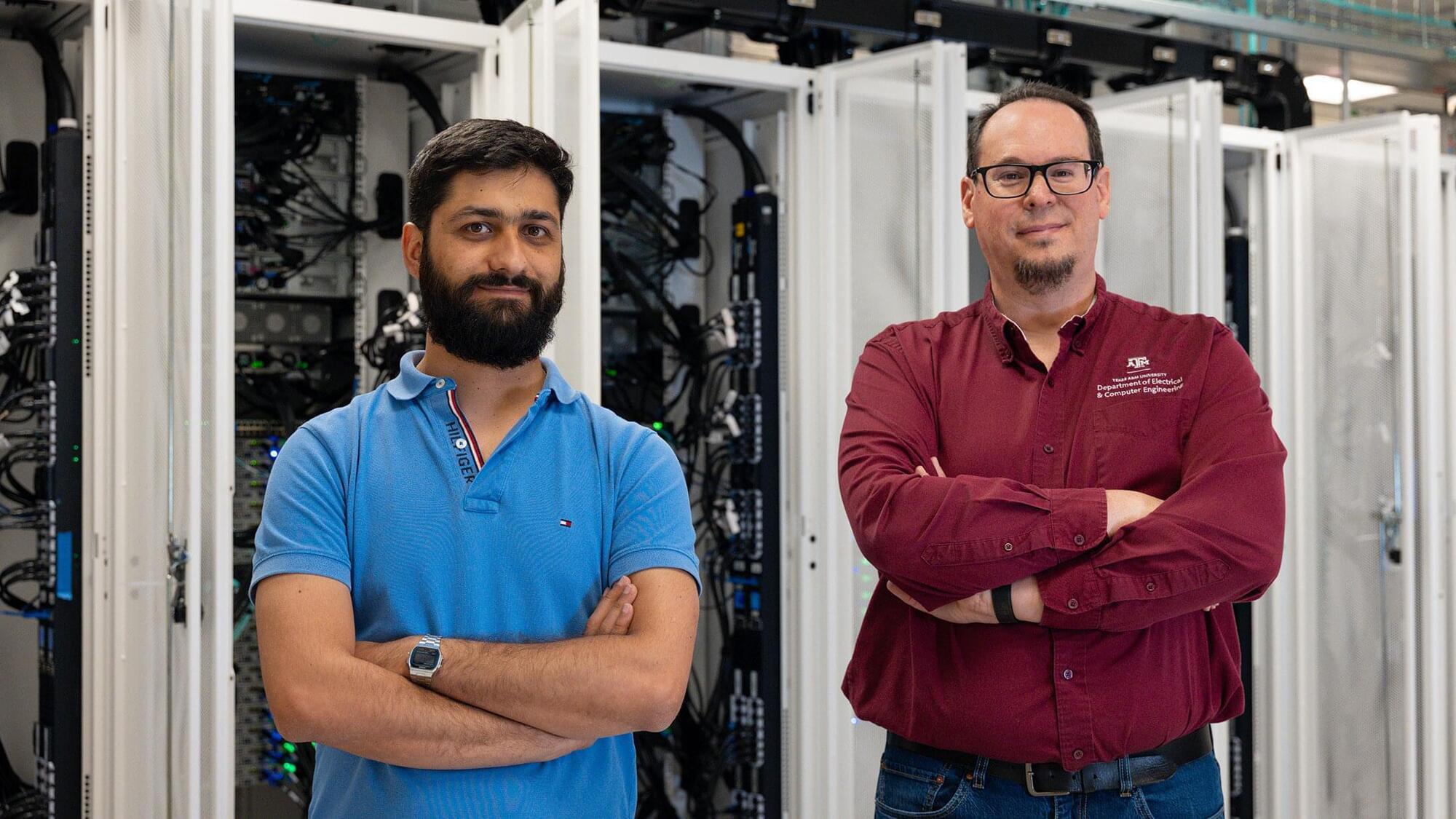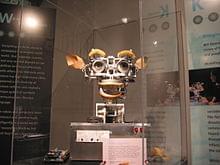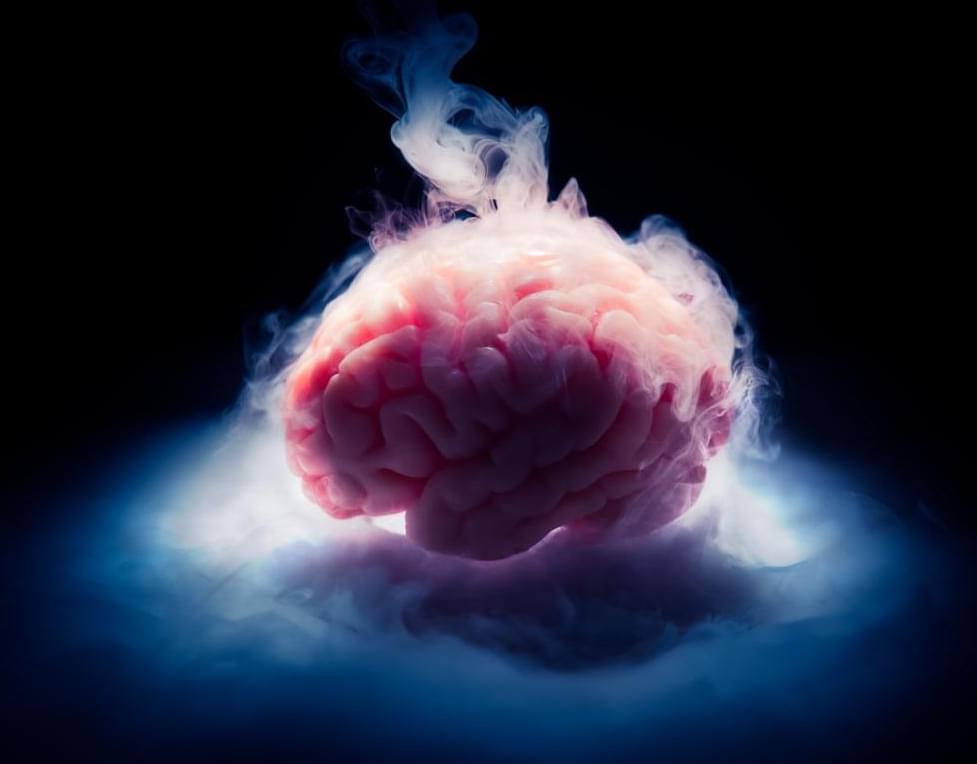In probability theory and statistics, a Markov chain or Markov process is a stochastic process describing a sequence of possible events in which the probability of each event depends only on the state attained in the previous event. Informally, this may be thought of as, “What happens next depends only on the state of affairs now.” A countably infinite sequence, in which the chain moves state at discrete time steps, gives a discrete-time Markov chain (DTMC). A continuous-time process is called a continuous-time Markov chain (CTMC). Markov processes are named in honor of the Russian mathematician Andrey Markov.
Get the latest international news and world events from around the world.

Mathematician solves algebra’s oldest problem
Most people’s experiences with polynomial equations don’t extend much further than high school algebra and the quadratic formula. Still, these numeric puzzles remain a foundational component of everything from calculating planetary orbits to computer programming. Although solving lower order polynomials—where the x in an equation is raised up to the fourth power—is often a simple task, things get complicated once you start seeing powers of five or greater. For centuries, mathematicians accepted this as simply an inherent challenge to their work, but not Norman Wildberger. According to his new approach detailed in The American Mathematical Monthly, there’s a much more elegant approach to high order polynomials—all you need to do is get rid of pesky notions like irrational numbers.
Babylonians first conceived of two-degree polynomials around 1800 BCE, but it took until the 16th century for mathematicians to evolve the concept to incorporate three-and four-degree variables using root numbers, also known as radicals. Polynomials remained there for another two centuries, with larger examples stumping experts until in 1832. That year, French mathematician Évariste Galois finally illustrated why this was such a problem—the underlying mathematical symmetry in the established methods for lower-order polynomials simply became too complicated for degree five or higher. For Galois, this meant there just wasn’t a general formula available for them.
Mathematicians have since developed approximate solutions, but they require integrating concepts like irrational numbers into the classical formula.

China Lights Up the Sky with a Secret Weapon Test
China conducted a secret weapon test that has caught the US intelligence community off guard. Back in August, China lit up the sky when it tested a nuclear-capable hypersonic missile, which travels faster than the speed of sound. The global shipping supply crisis might affect Christmas, thanks in part to China’s power shortage. And a man in Jiangsu Province takes drastic measures after his daughter fails to solve a math problem correctly. Watch this episode of China Uncensored for that and more of this week’s China news headlines.
Jack ma’s dirty secret | power struggle rips ant financial • jack ma’s dirty secret | power strugg…
China’s POWER SHORTAGE could cause economic collapse • china’s POWER SHORTAGE could cause ec…
YouTube demonetizes our channels, we need your support!
www.patreon.com/ChinaUncensored.
https://chinauncensored.locals.com.
We also accept bitcoin!
https://chinauncensored.tv/bitcoin.
Buy our merchandise!

Scientists discover key to taming earthquake risk at Italy’s Campi Flegrei caldera
Swarms of earthquakes have been jolting southern Italy with increasing intensity since 2022, threatening hundreds of thousands of people living atop a volcanic area known as Campi Flegrei, where the land experiences slow vertical movements.
While authorities debate disaster responses and evacuation protocols, researchers may have found a way to thwart the cyclic unrest altogether: by managing water runoff or lowering groundwater levels, thus reducing fluid pressure within the geothermal reservoir.
Through subsurface imaging and lab experiments, Stanford scientists have shown how pressure buildup from water and vapor in the reservoir under Campi Flegrei can lead to earthquakes when the caprock, or lid, seals.

Skia technique decodes ‘shadow branches’ to boost data center efficiency
What happens when trailblazing engineers and industry professionals team up? The answer may transform the future of computing efficiency for modern data centers.
Data centers house and use large computers to run massive amounts of data. Oftentimes, the processors can’t keep up with this workload because it’s taxing to predict and prepare instructions to carry out. This slows the flow of data. Thus, when you type a question into a search engine, the answer generates more slowly or doesn’t provide the information you need.
To remedy this issue, researchers at Texas A&M University developed a new technique called Skia in collaboration with Intel, AheadComputing, and Princeton to help computer processors better predict future instructions and improve computing performance.

The necessity of weak emergence
I’ve only recently discovered Ricardo Lopes and his interviews of all kinds of interesting people. Here is one from a couple of years ago of Keith Frankish, the most prominent contemporary ch…


An operating system for quantum computers emerges 🖥️
Researchers have achieved a crucial milestone in quantum computing. They have created an operating system capable of enabling communication between quantum computers using different technologies.
This system, named QNodeOS, represents a significant advancement for quantum machine interoperability. Unlike classical systems like Windows or iOS, it is designed to handle the unique complexity of qubits, regardless of their physical nature. This innovation paves the way for more flexible and powerful quantum networks.